Canada - Digital Services Tax Act Now In Effect

In its 2020 Fall Economic Statement, Canada announced the introduction of a Digital Services Tax (DST). However, Canada's Ministry of Finance drafted the provisions for implementing DST with the Fall Economic Statement Implementation Act, 2023 (Bill C-59).
On June 20, 2024, Bill C-59 received Royal Assent, meaning that the government passed it and allowed the implementation of the DST. Following this approval, the government issued Order No. 2024-0856 on June 28, 2024, stating that the DST will be effective for the 2024 calendar year and apply retroactively to in-scope revenues earned since January 1, 2022.
In-Scope Revenue under Canadian DST
Canadian DST, set at a 3% rate, applies to the revenue earned by large businesses and foreign companies comprised of Canadian-source digital services revenue arising from:
online marketplace services,
online advertising services,
social media services,
monetizing of user data.
Large domestic and foreign businesses that are part of a corporate group are subject to DST if they meet both of the following revenue thresholds, which are calculated on a consolidated group basis:
Global revenue from all sources of at least EUR 750 million in a fiscal year of the group that ends in the previous calendar year and
Canadian digital services revenue from providing digital services is above CAD 20 million.
Canadian government defined how to determine the in-scope revenue based on the category of the digital service.
Online marketplace revenue is earned by an online marketplace that helps connect sellers of goods and services with potential buyers. Some examples are subscription fees, pay‑per‑use fees, transaction commissions, and payment service fees.
Online advertising services revenue refers to revenue earned from services aimed at placing online targeted advertisements, including facilitating the delivery of an online targeted advertisement and providing digital space for an online targeted advertisement.
Revenue earned from providing a social media platform that facilitates interactions between users or between users and certain digital content falls under the scope of social media services revenue.
Finally, user data revenue is generated by selling or licensing data gathered from users of an online marketplace, a social media platform, or a search engine.
Conclusion
Businesses meeting the DST threshold must register with the Canada Revenue Agency (CRA) by January 31, 2025, file an annual tax return, and pay any due tax by June 30, 2025. If they fail to do so, they could face minimum fines of CAD 2,000 for failing to file a return and 50% of the amount owed for the offense of making a false or deceptive statement.
Considering this, businesses should determine whether they fall under the scope of the DST's provisions and whether they should register.
Source: Announcement on Bill C-59, Order No. 2024-0856, Bill C-59

More News from Americas
Get real-time updates and developments from around the world, keeping you informed and prepared.

South Carolina Sales and Use Tax: Rates, Nexus, Exemptions

Arkansas Sales and Use Tax: Rules, Rates & Nexus Explained

Minnesota Sales and Use Tax Guide: Rates, Nexus & Exemptions

Peru VAT Rules for Non-Resident Digital Services: Filing & Compliance

Detroit to Accept Cryptocurrency Payments for Taxes in 2025

-e9lcpxl5nq.webp)








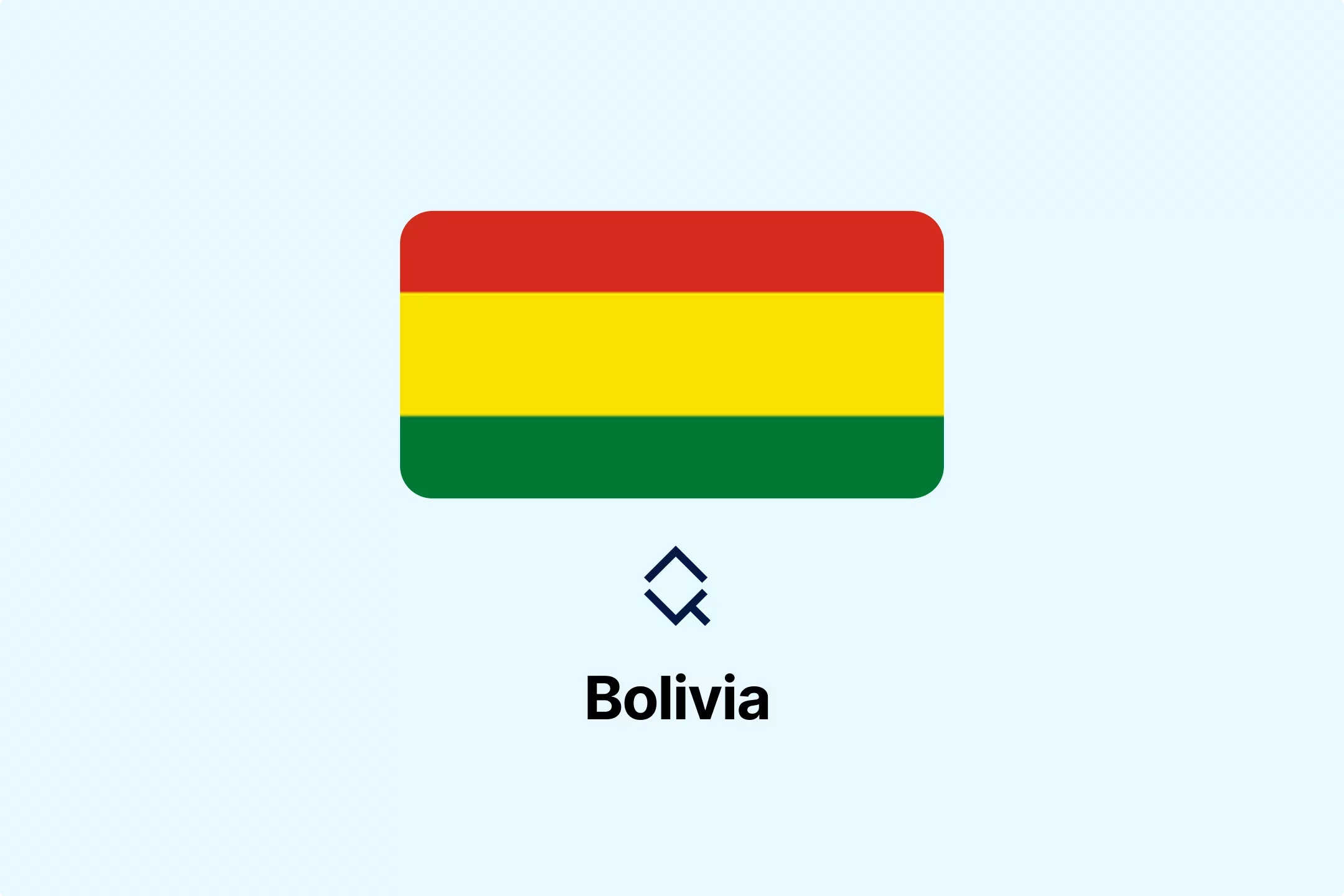

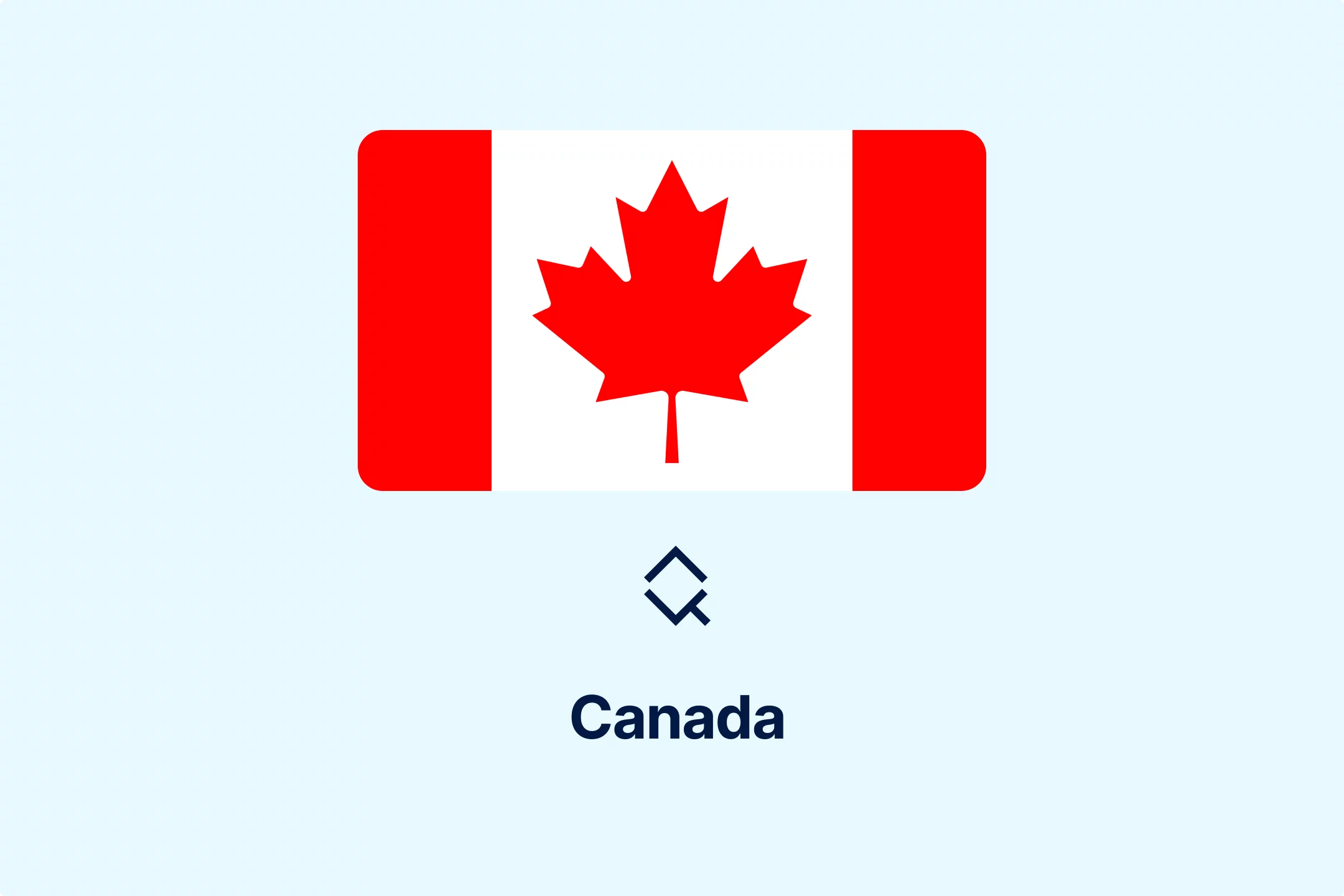





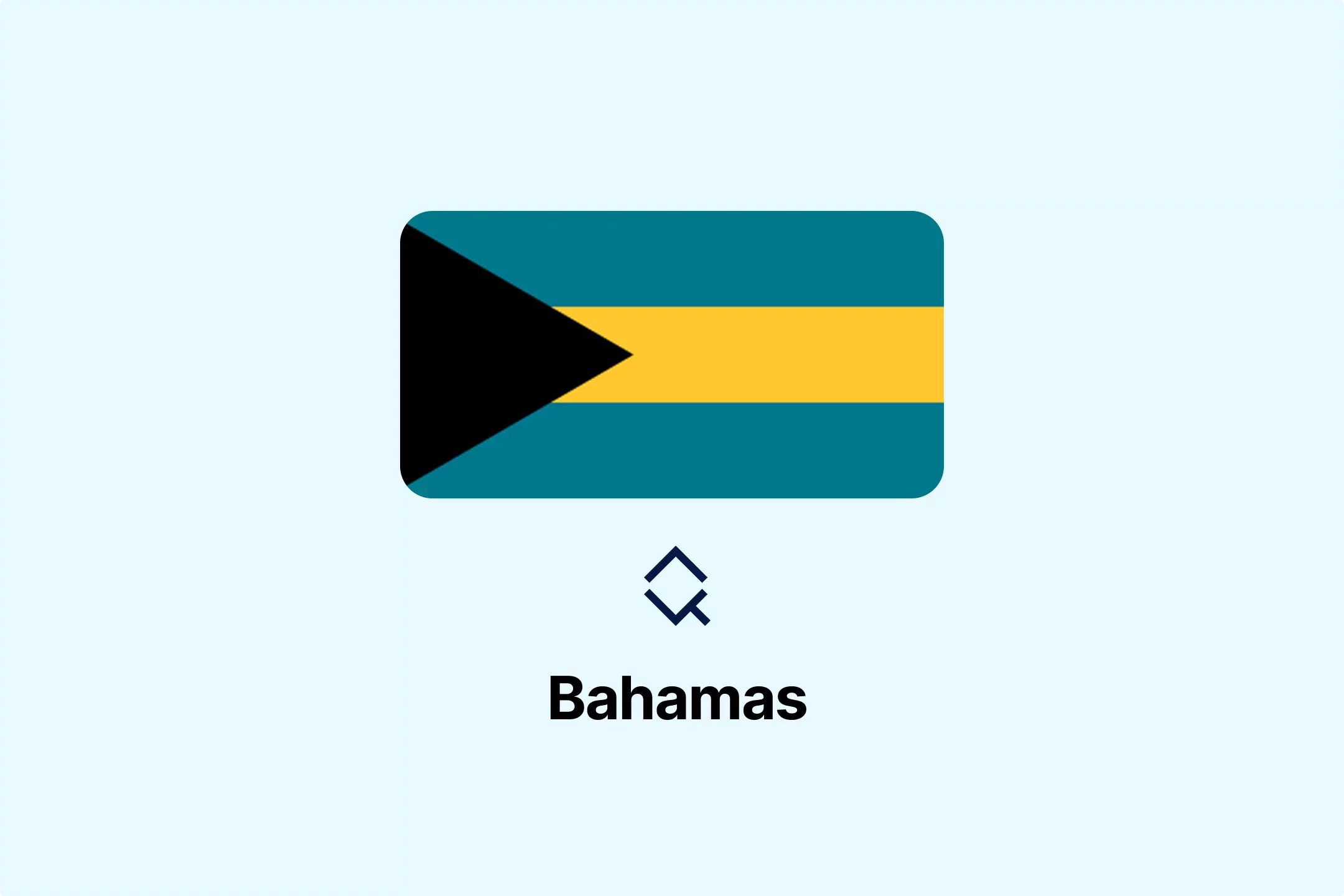



-qoqtiao7l2.webp)
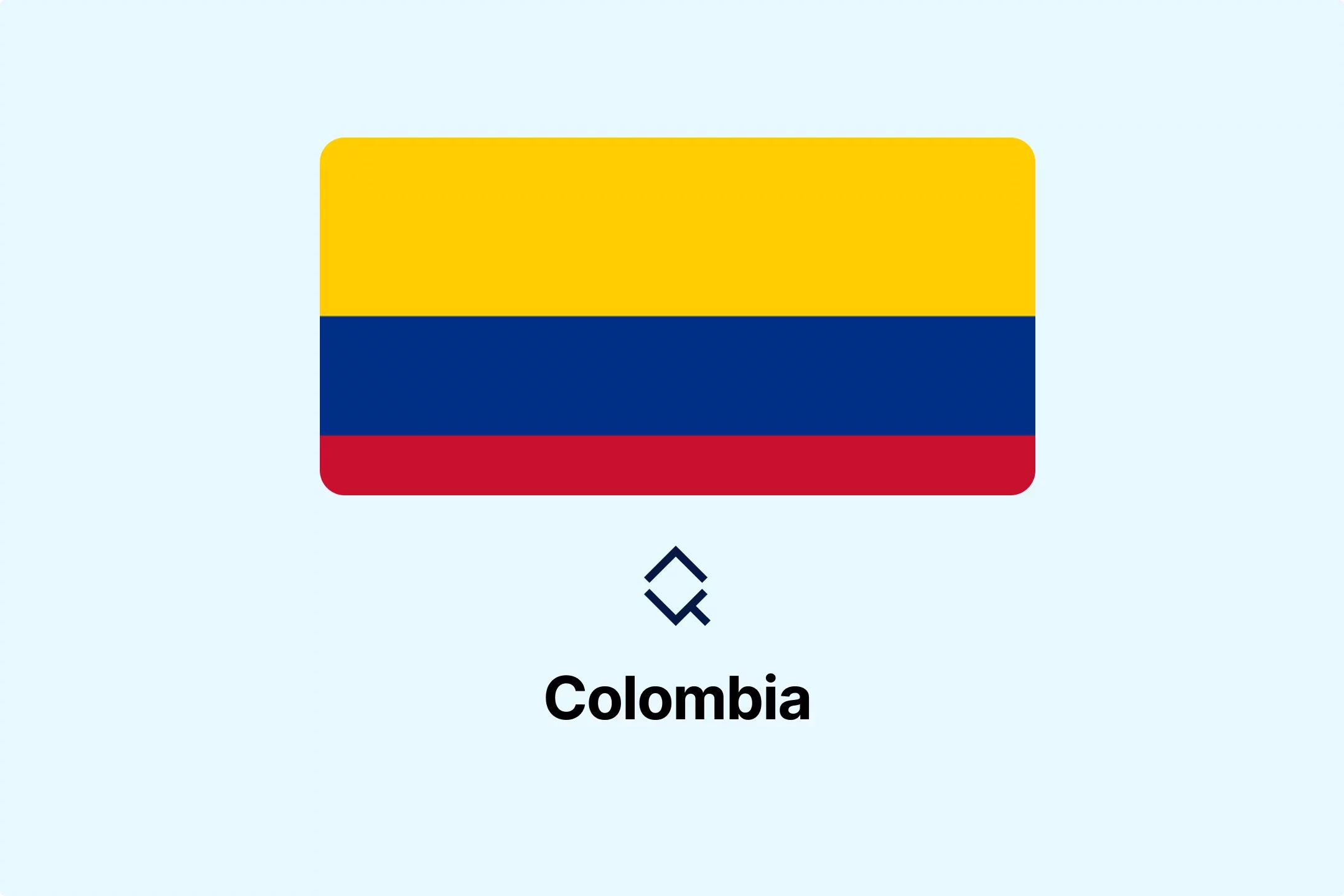
-pdupgqz2r8.webp)
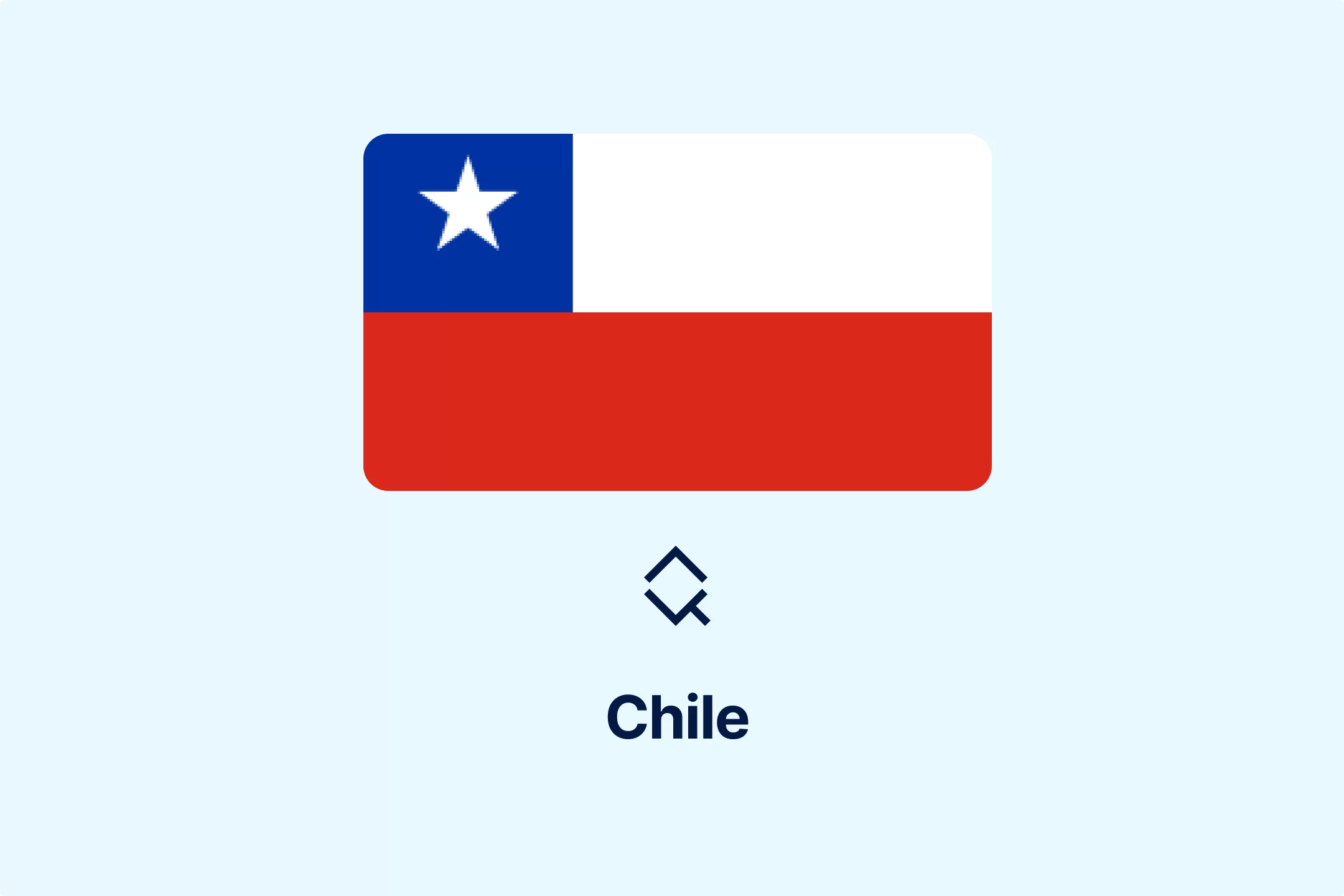





-o0xyg5unvs.webp)

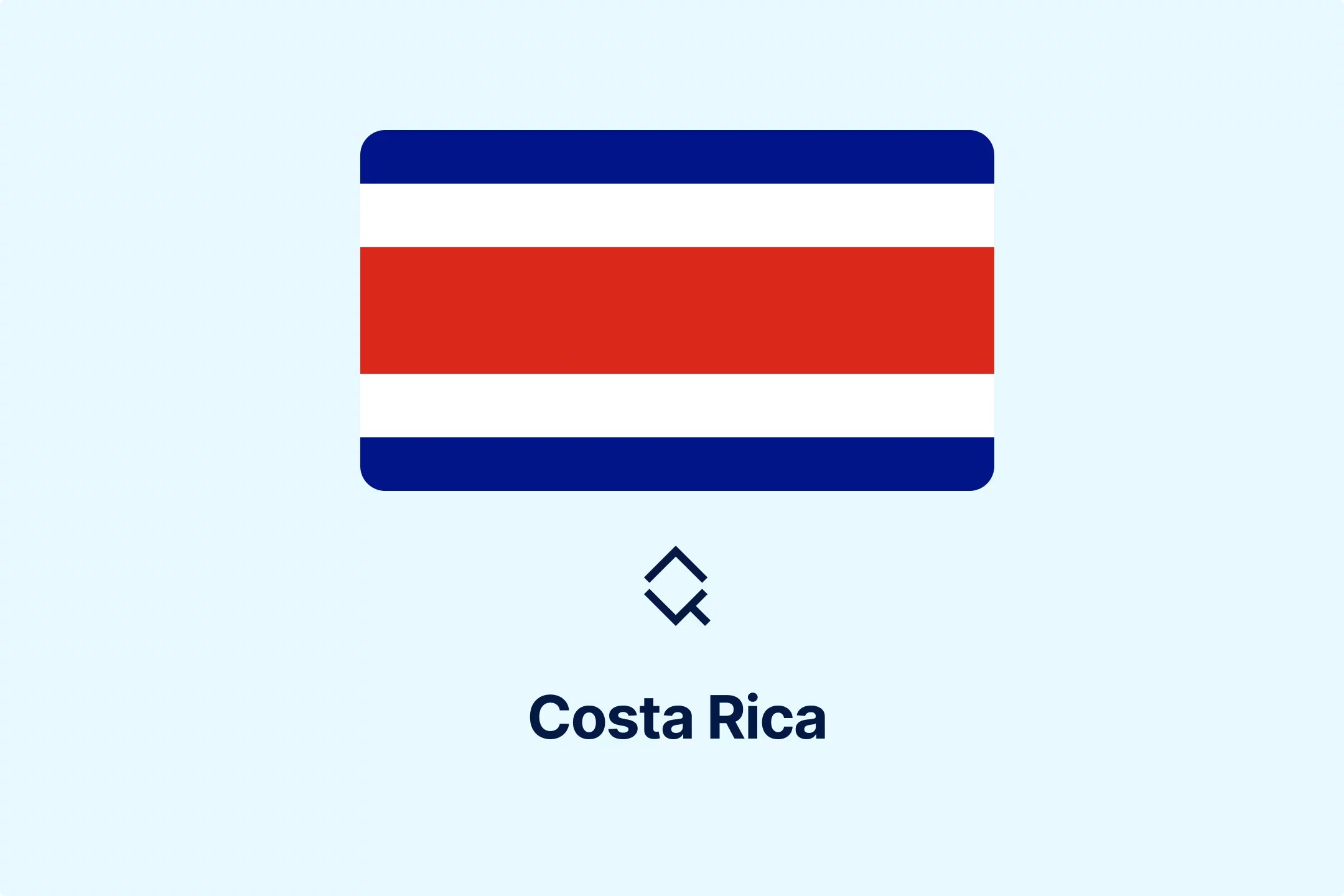
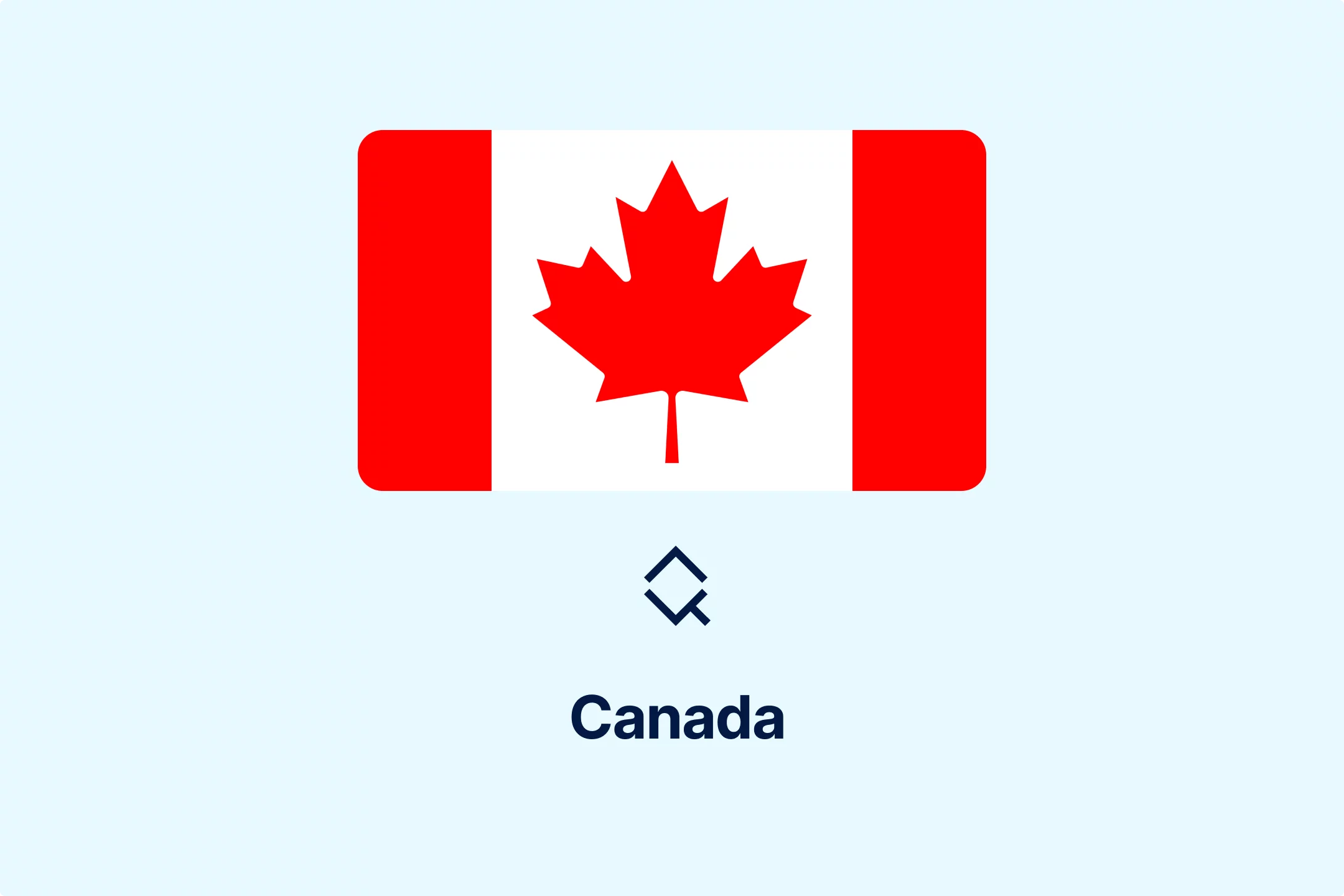
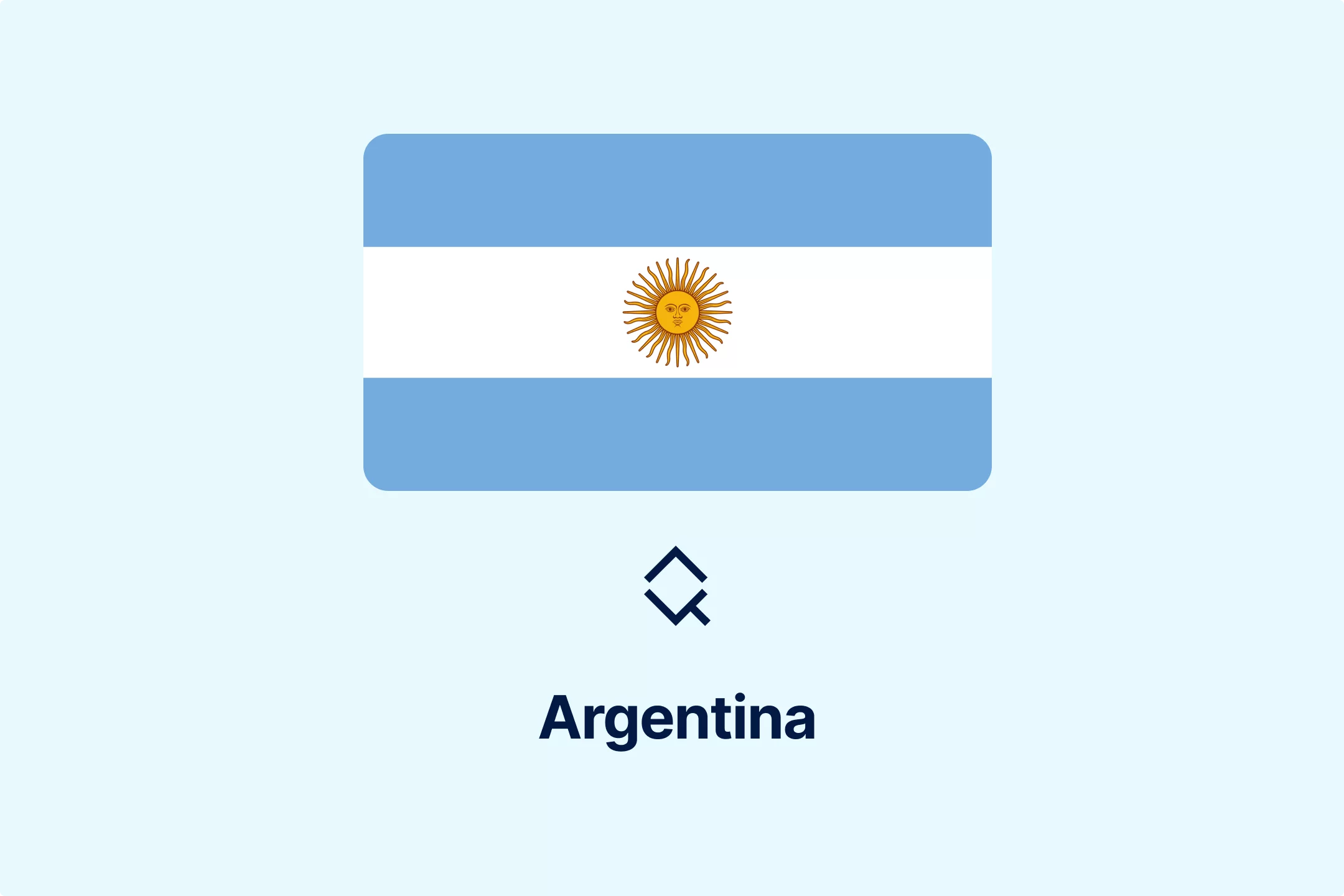



-sebuexzucq.webp)







-sug7vykj81.webp)






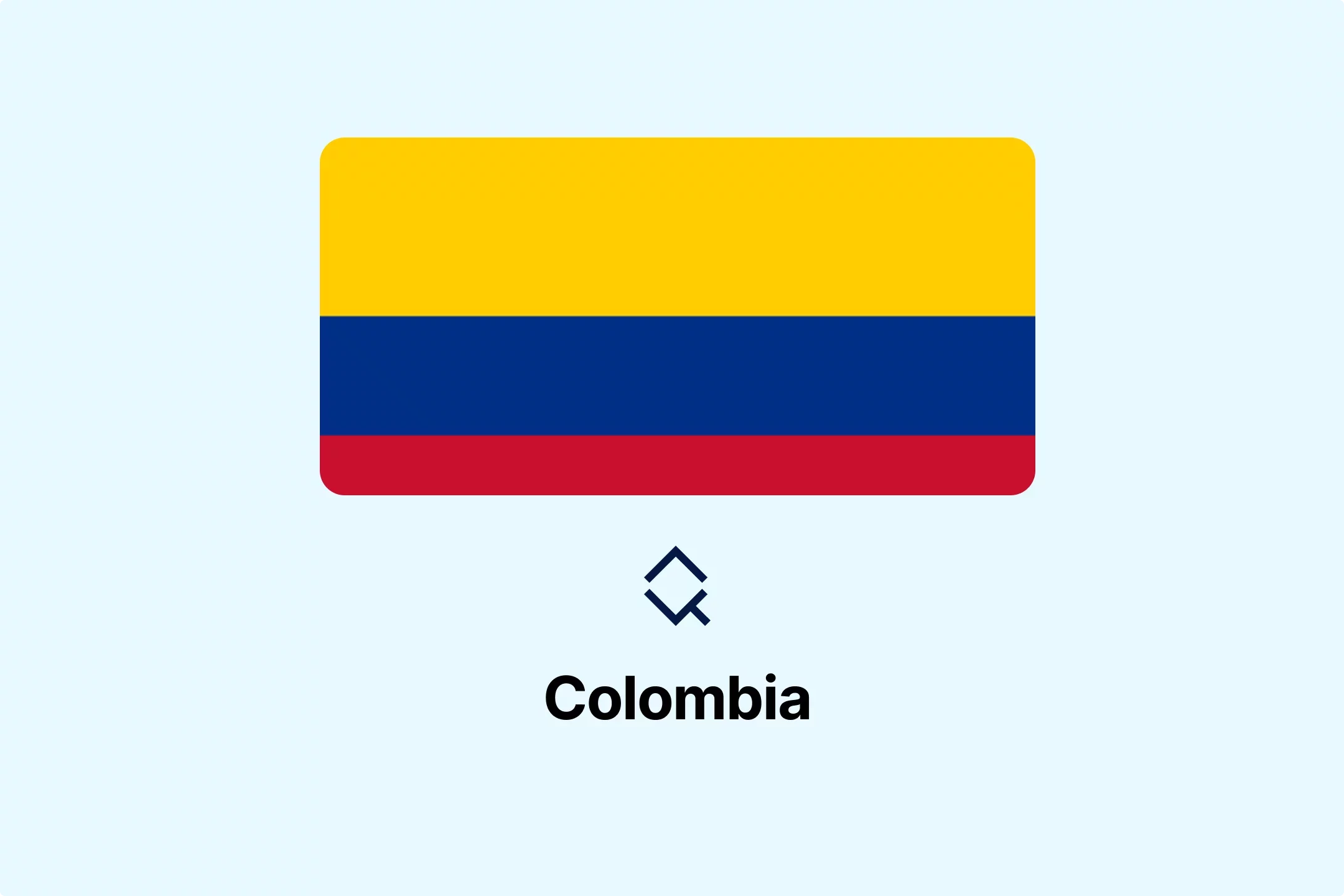
-gsvc6ack9u.webp)

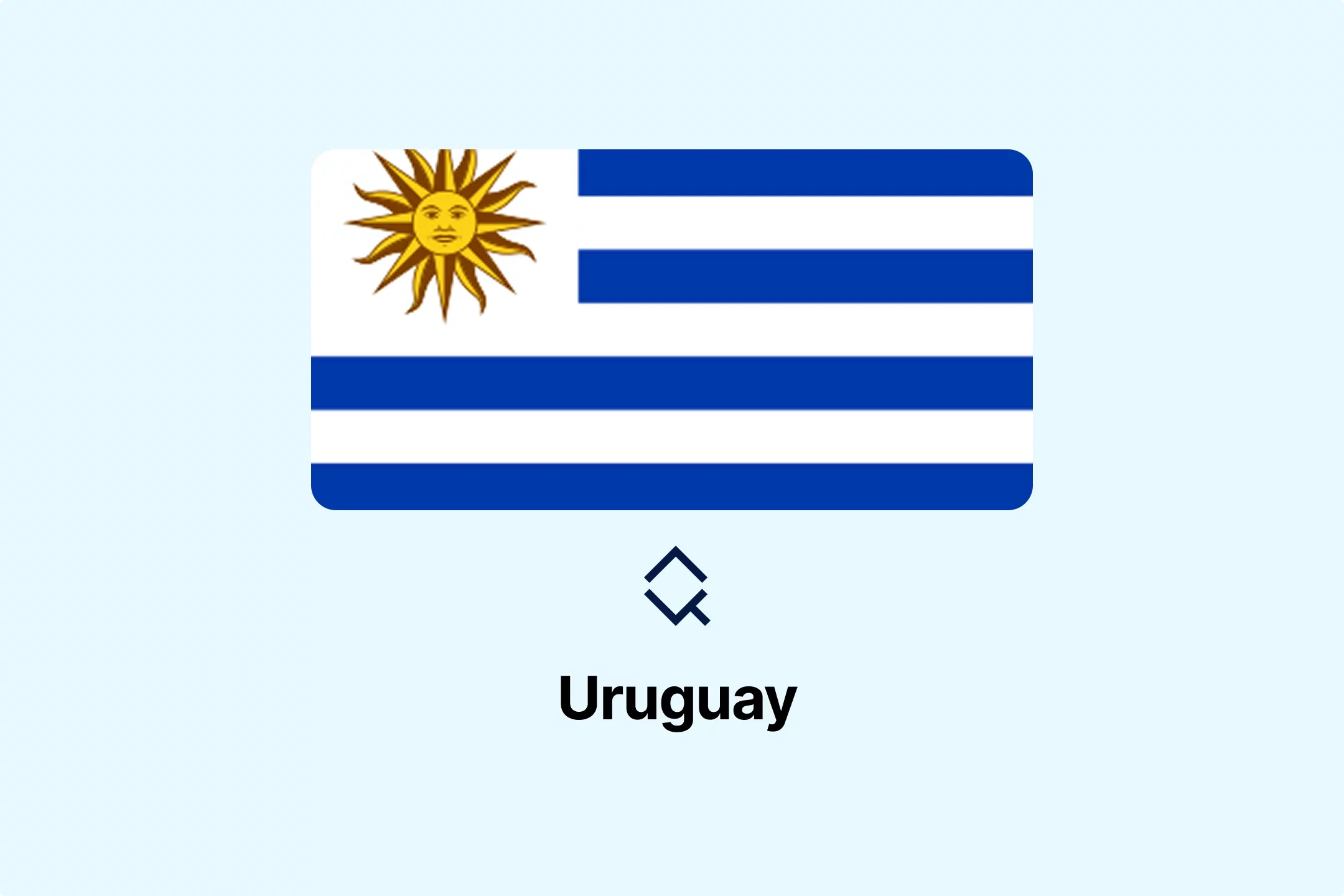





-xsarn0aogt.webp)

-hcel6azmgf.webp)



-p6e3ovhdh3.webp)


-fbovkq9h8b.webp)
-pofe7ucwz3.webp)


-d3qhimei1d.webp)




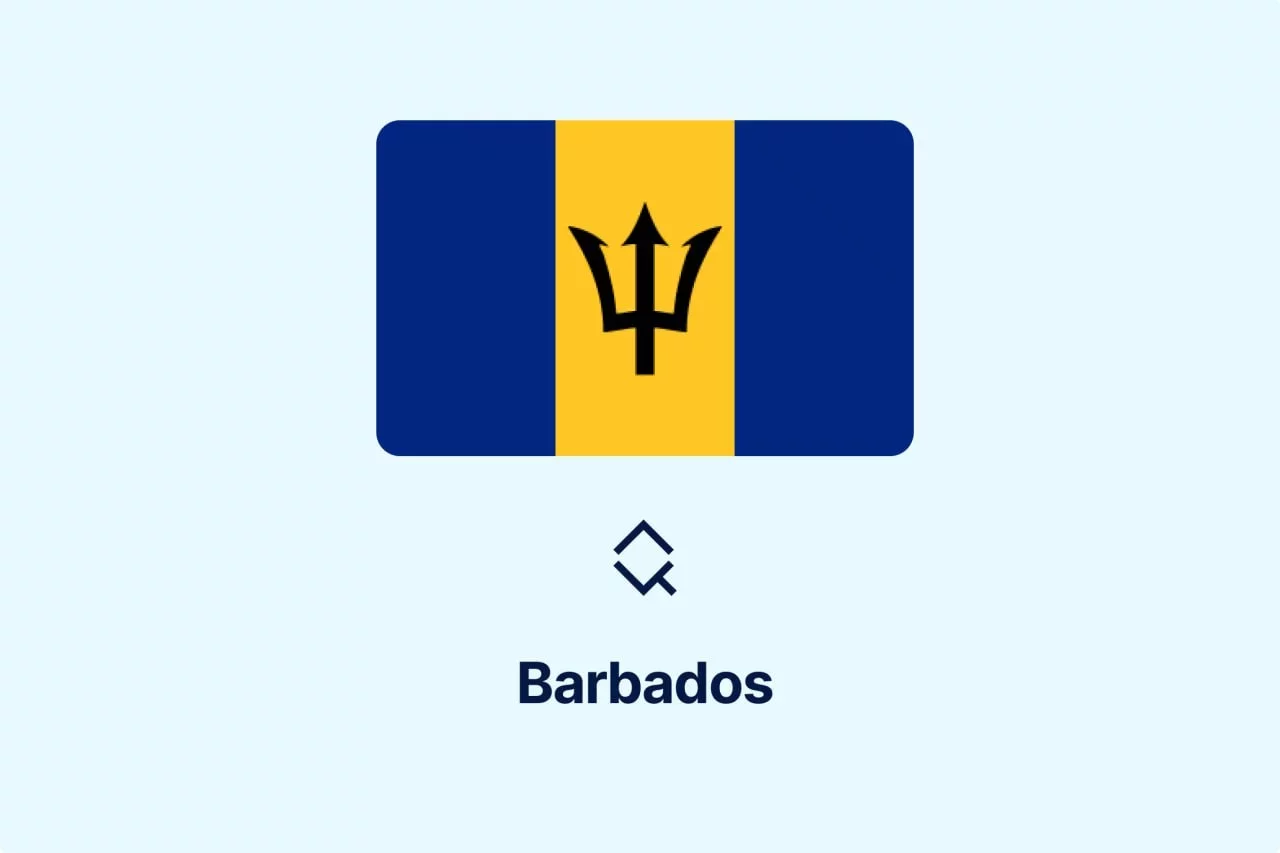

-nilkffjhah.webp)
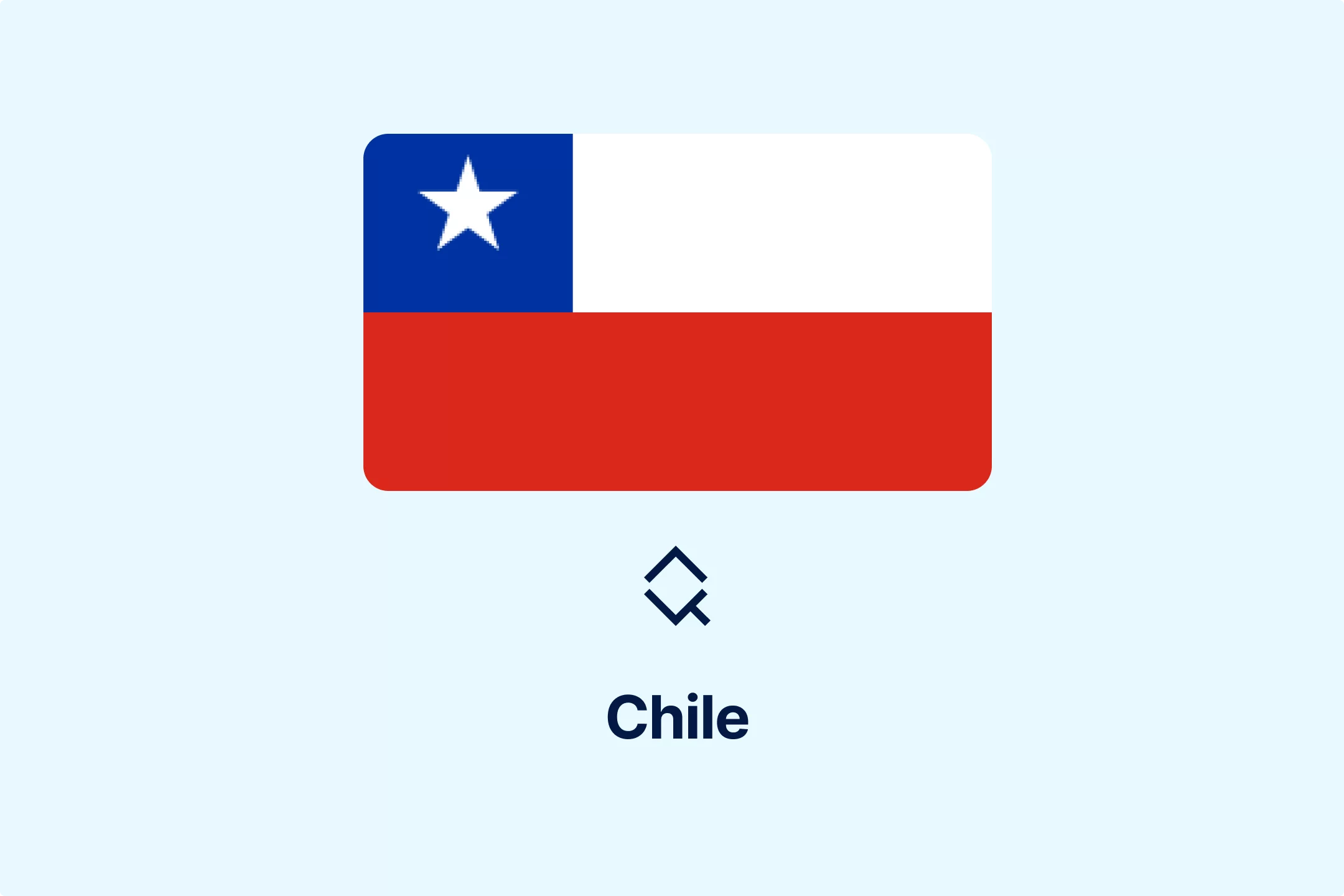











-xbhr0m4jsb.webp)


-ae6fi6cjox.webp)
















-b0fpsws1w1.webp)






















-x78wuofpzj.webp)



















-b44f1vjl1i.webp)



-priw8nq5xc.webp)
-8bkw2pujxu.webp)


.png)
.png)




.png)













































